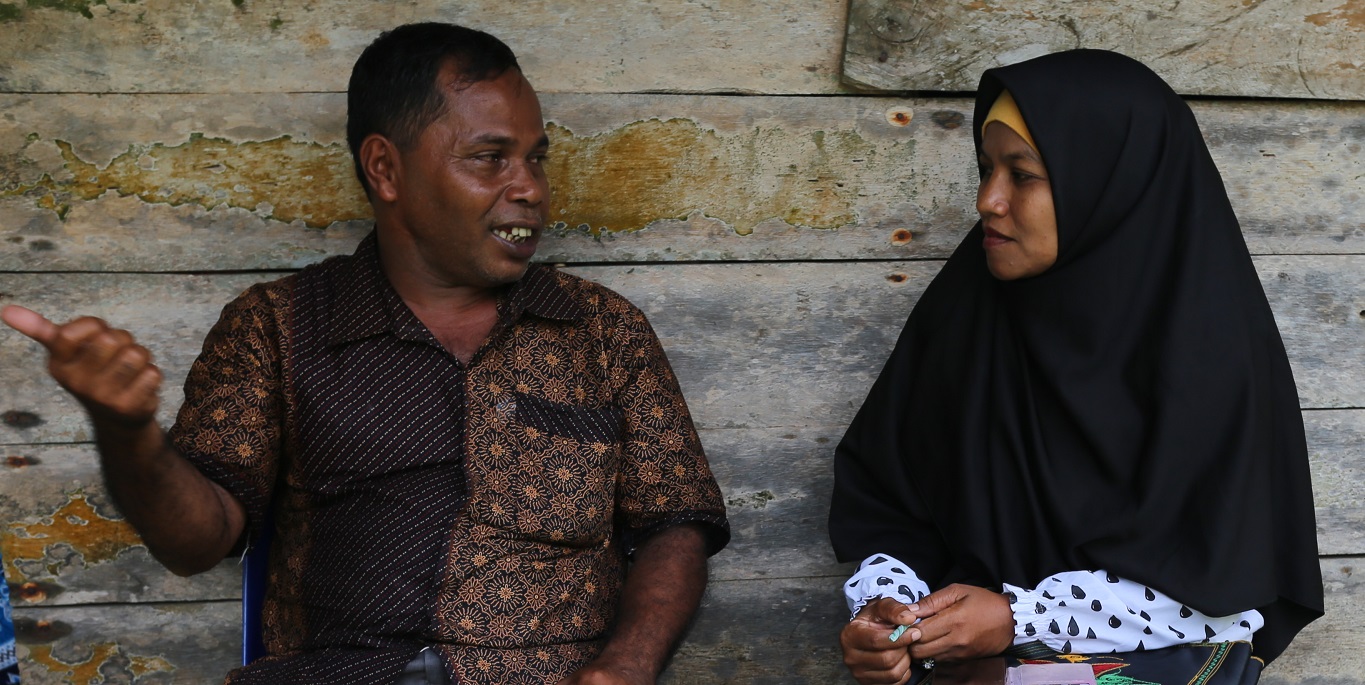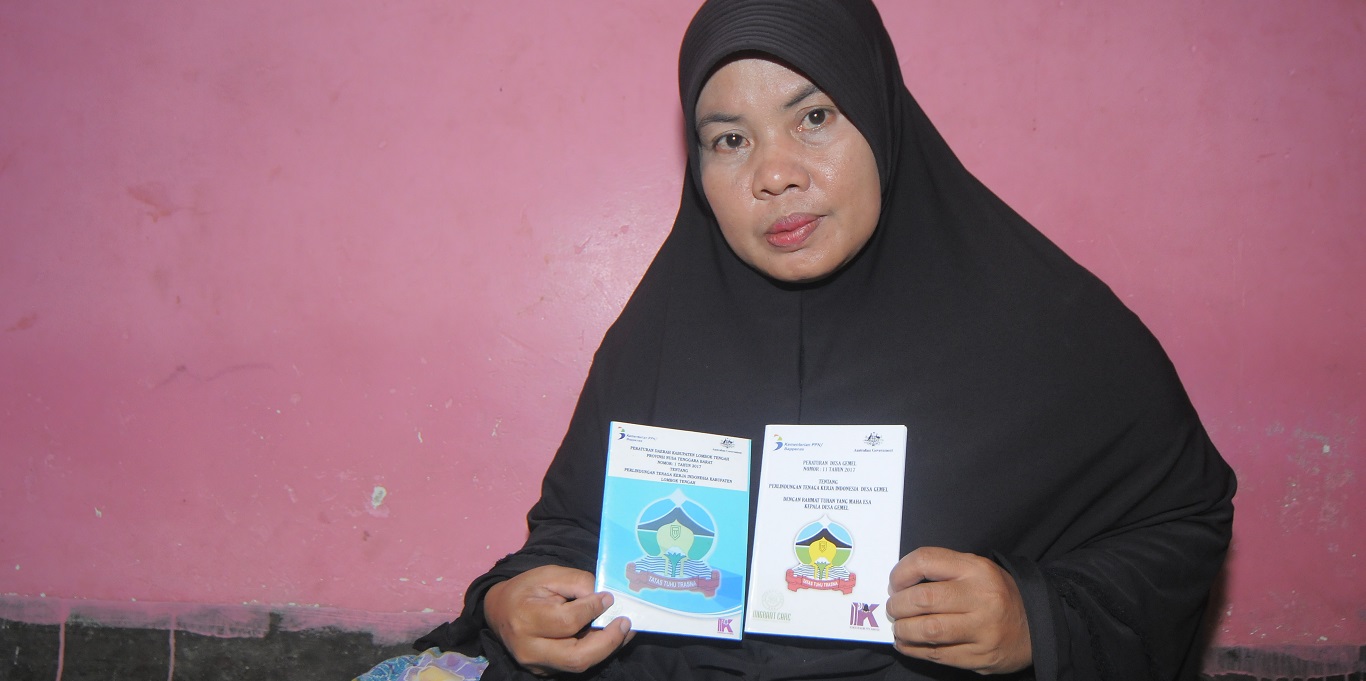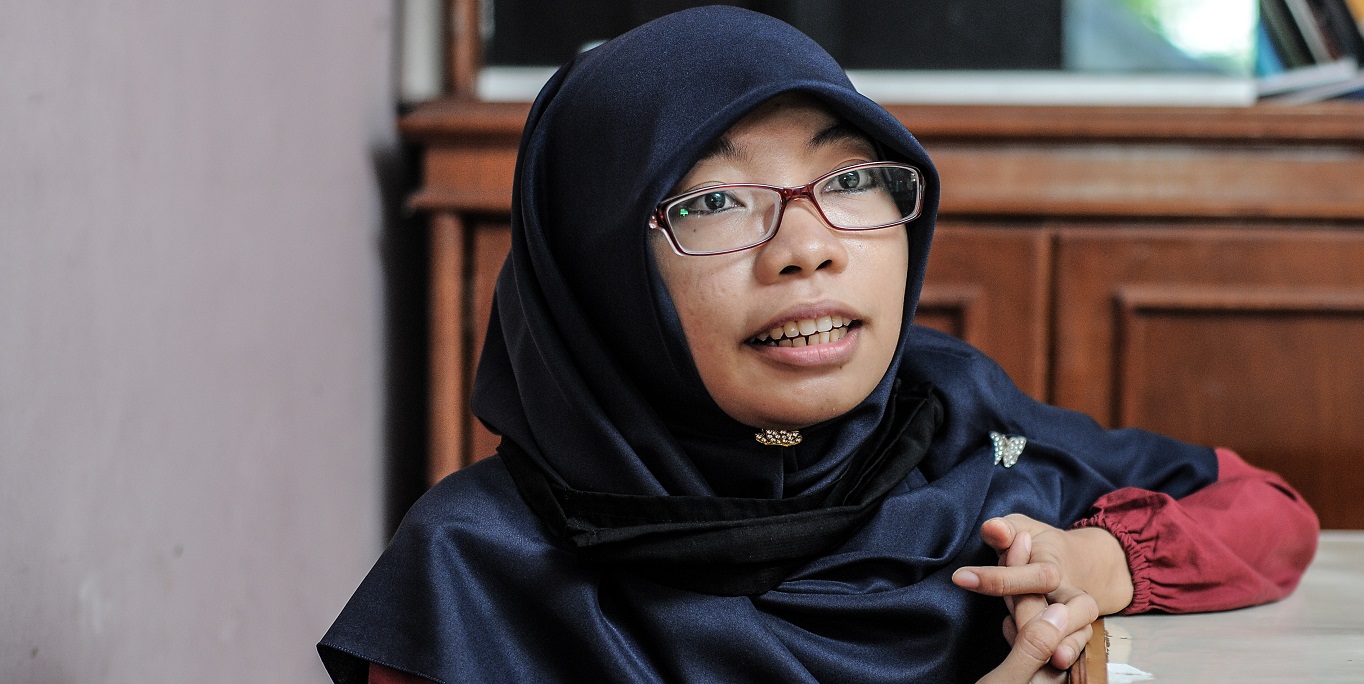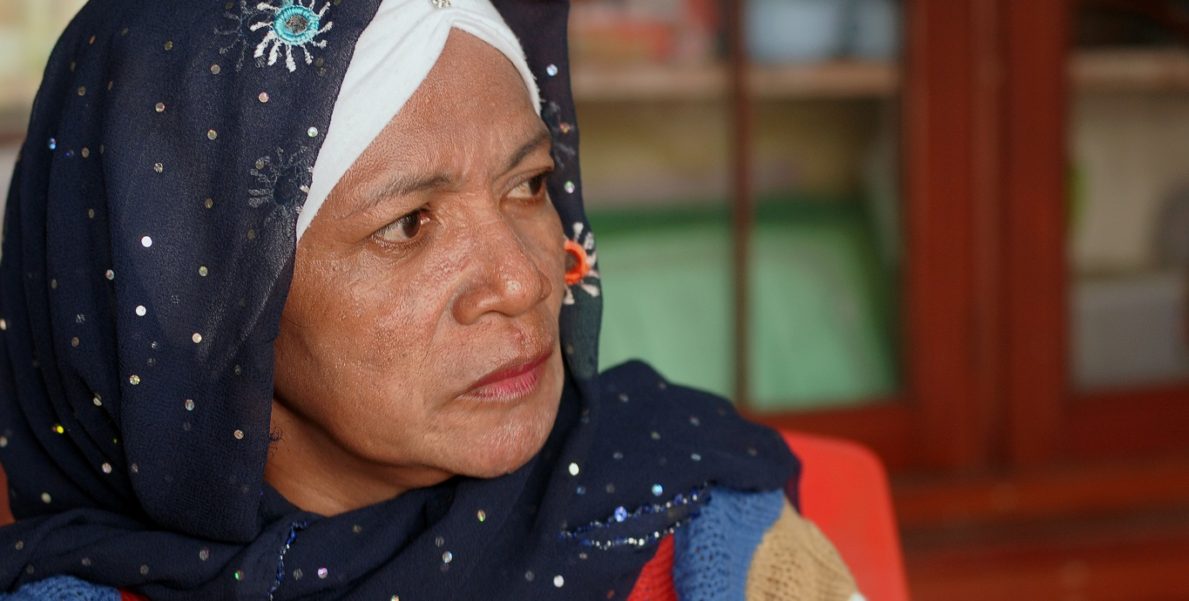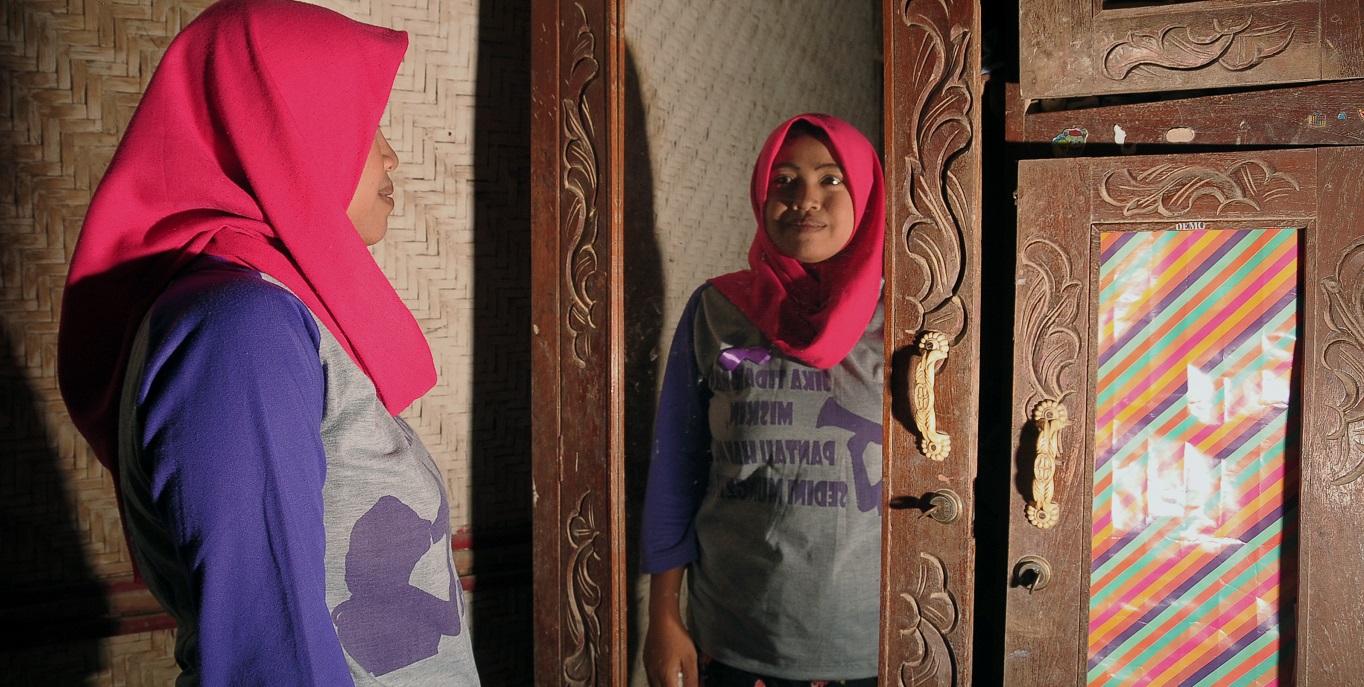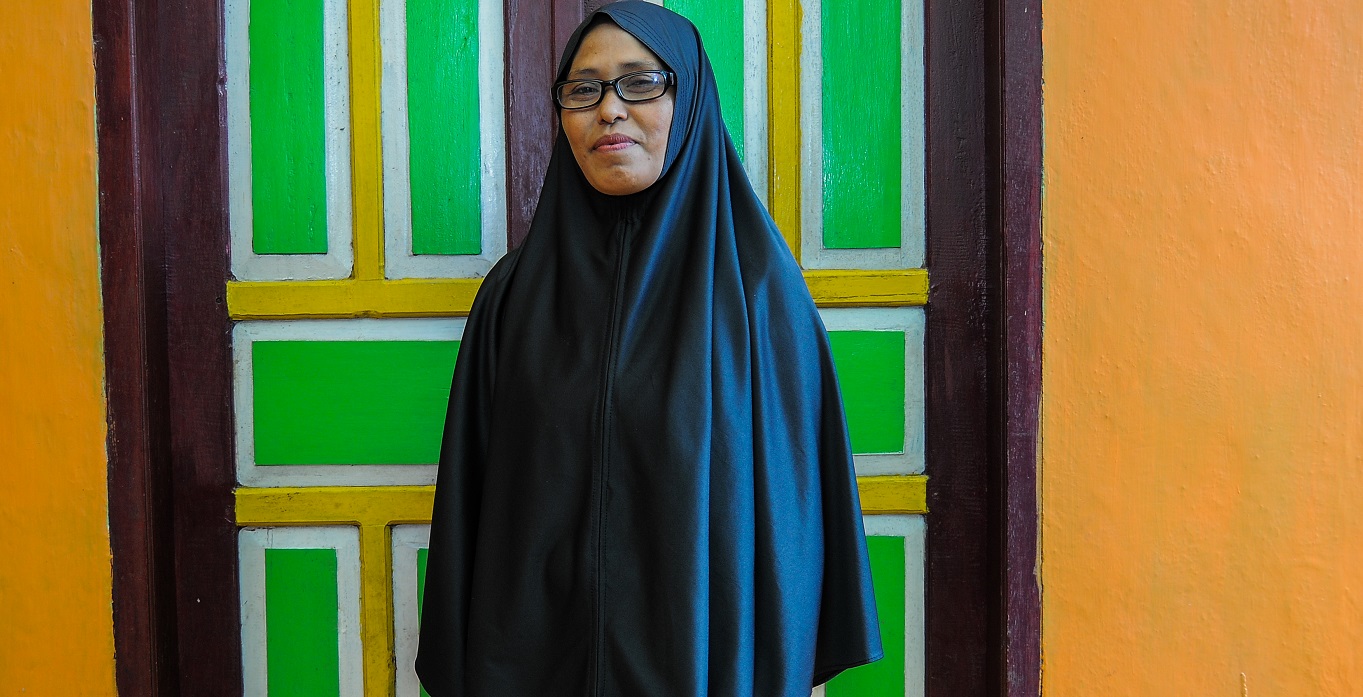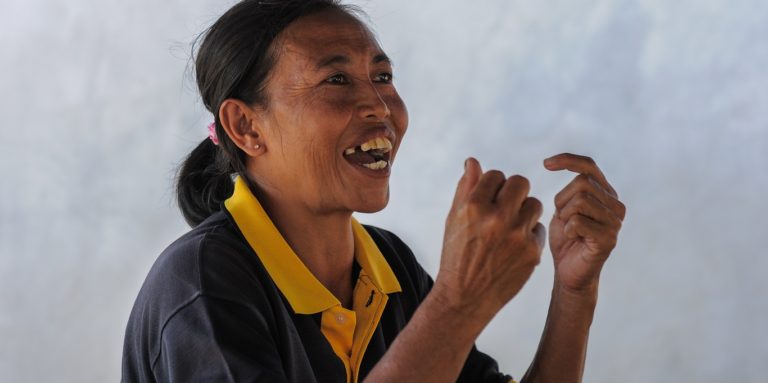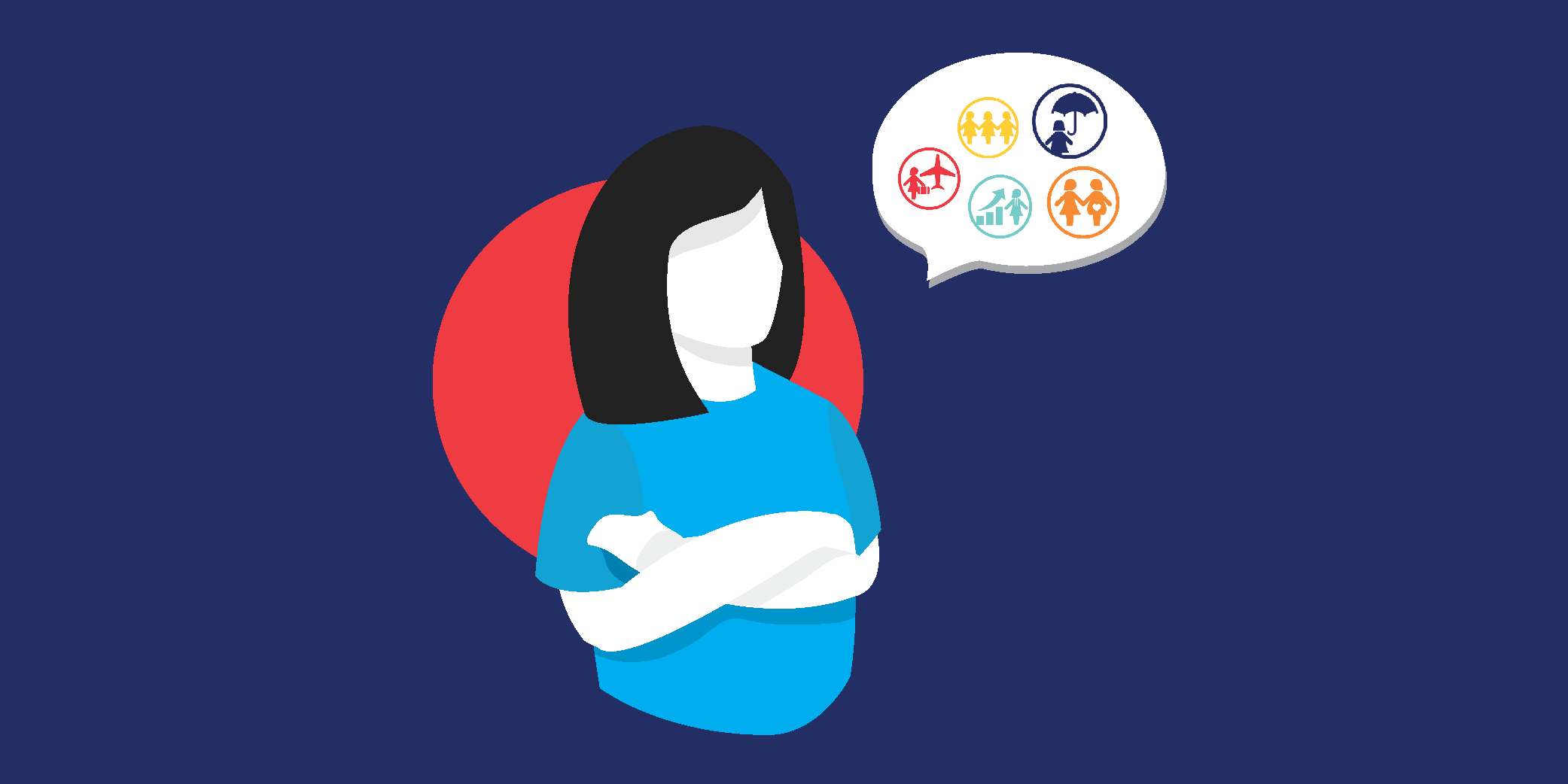Stories
Kartini in the Eyes of Nani Zulminarni
21 April 2017Penulis: admin
In the commemoration of Kartini Day, MAMPU wants to show the opinion about Kartini from today’s Indonesian women figures who are struggling for the women’s interest.
One of them is Zulminarni. Zulminarni or Nani, is Executive Director of Empowerment of Women Head-Household (PEKKA), and has worked in various women’s empowerment programs at the grassroots level since 1987.
Born September 10, 1962, and earned a Bachelor Degree in Fisheries from the Bogor Agricultural Institute and Master’s Degree in Sociology from North Carolina State University, Nani specialises in community development.
Nani has used different entry points for her works, such as socio-economic activities, reproductive health, rights issues, and political education.
PEKKA is one of MAMPU’s partners that focuses on improving women’s access to government’s social protection programs.
Here is the interview between MAMPU and Nani about Kartini and her struggle values.
What do you usually hear about Kartini and Kartini Day?
Kartini is commemorated as the birthday of Indonesian heroine who first pioneering education for women. This commemoration then actualised in the symbols of “femininity” for example: women will wear kebaya with head buns as Kartini dresses, doing cooking contest and other symbols.
Which side of Kartini that you want people to know more about her struggle?
I want people to know more about Kartini’s progressive thoughts. That is the equality of women’s right to education and freedom.
In addition, I also want the community to have better understanding on how Kartini sacrificed her own dreams for going to school and become a teacher, and subdued on the desire of her parents who asked Kartini to marry at a very young age in a polygamy marriage that she actually opposed.
However, she did not buried her dreams. She even used her position as the regent’s wife to realise her dream of opening a school and giving education for women in her region. Kartini fought a system in a way that was only possible at the time. Kartini took advantage of all her opportunities and potentials; being an educated, smart woman with good language and writing skills, but must stay in seclusion.
She did not give up in confusion, but she wrote to convey her feelings and thoughts to her friends in Holland.
Which Kartini’s values that you take for your struggle through PEKKA?
There are several things that inspire me in what I am developing through PEKKA.
First; Education for women is important, that is education for life.
Second; Women should not succumb to the system that binds them. In a situation that seems closed, women can certainly find a “gap” to continue their dreams.
Third; It is important to share feelings, thoughts and ideas to others who may be able to help.
Fourth; Women should not despair, and must be thinking forward beyond their time.
Which achievement that you are most proud in fighting for the rights and interests of Indonesian women?
I am proud I can contribute to the better life of Indonesian women by organising poor women heads of households (Pekka).
Pekka which was previously in the lowest strata in society, today, has been able to become a respected community group and society recognises its positive gait.
Through our empowerment education process in PEKKA, we see tremendous change. They have transformed from victims to leaders and champions for their group.
Those who were initially illiterate can be excellent educational tutors. Those who did not understand their rights and were always marginalised in various accesses, are now even able to facilitate and assist the community to gain access to various livelihood resources and social protection.
Those who had been isolated and marginalised are now organised in PEKKA, which had existed in 20 provinces, becoming a fairly recognised social movement. They become autonomous organisation. I am very proud and happy.



